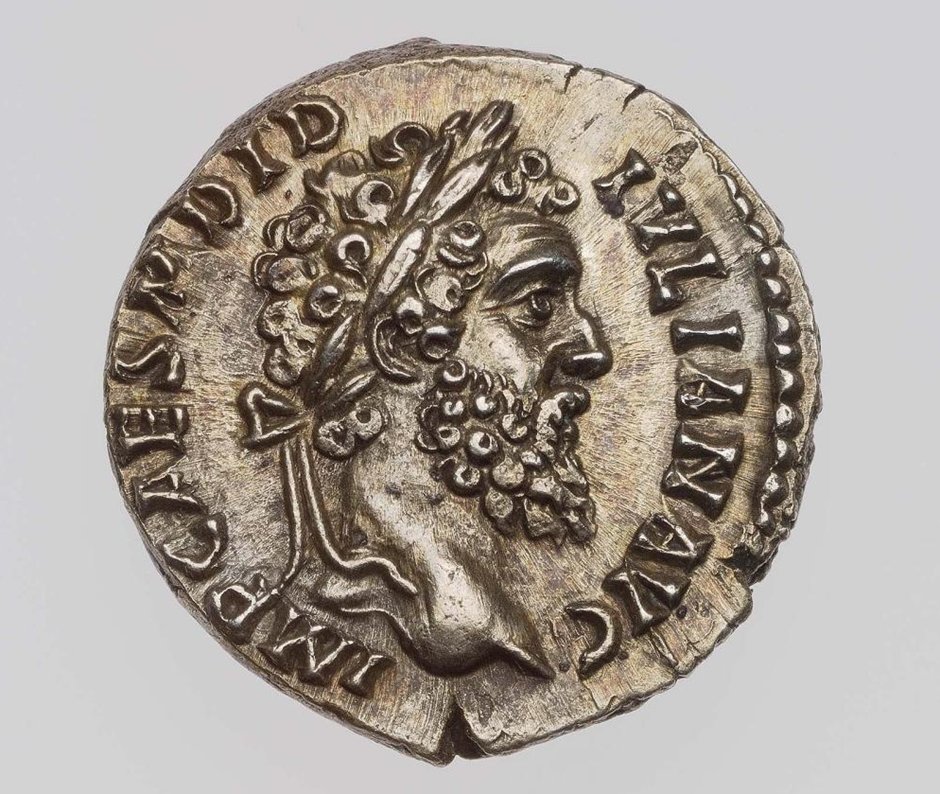#EpigraphyTuesday – something different today with the so-called ‘Tabula Rondanini’, an example of the ‘Tabulae Iliacae’, where scenes from the Trojan Cycle are depicted: ca. 1st Century AD. #Myth
Image: National Museum, Warsaw (147975 MNW). Link - cyfrowe.mnw.art.pl/en/catalog/611…
Image: National Museum, Warsaw (147975 MNW). Link - cyfrowe.mnw.art.pl/en/catalog/611…

These tablets – some 22 are known – were long dismissed as being intended for “a clientèle unacquainted with Homer himself” (Horsfall, 1979: 34), seen as the type of object appreciated by characters such as Petronius’ Trimalchio. However, more recent work has questioned this.
The designs on this tablet are drawn from Book 10 of Homer’s Odyssey, focussing on the encounter of Odysseus with Circe. Thus, we see Circe’s palace with the key actors meeting. They are clearly named with Greek dipinti. 

Here we can also see Odysseus’ companions already turned into zoomorphic figures through Circe’s magicks. The dipinto underneath (ΕΤΑΙΡΟΙ ΤΕΘΗΡΙΩΜ[ENOI]) notes that his “comrades have been transformed into wild beasts). 

The compression of scenes within the space is quite striking, as below we also see the meeting of Odysseus and Hermes, where the god offers Odysseus the protective moly. 

The dipinto on the base reads (I believe):
ΕΚ ΤΗΣ ΔΙΗΓΗΣΕΩΣ ΤΗΣ ΠΡΟΣ ΑΛΚΙΝΟΥΝ ΤΟΥ ΚΑΠΠΑ.
This would mean ‘From the narrative [told] to Alcinous, that of [Book] Ten’.
ΕΚ ΤΗΣ ΔΙΗΓΗΣΕΩΣ ΤΗΣ ΠΡΟΣ ΑΛΚΙΝΟΥΝ ΤΟΥ ΚΑΠΠΑ.
This would mean ‘From the narrative [told] to Alcinous, that of [Book] Ten’.

For Horsfall’s article (cited above), see:
Horsfall, Nicholas. “Stesichorus at Bovillae?” The Journal of Hellenic Studies 99 (1979): 26–48.
doi.org/10.2307/630630
Horsfall, Nicholas. “Stesichorus at Bovillae?” The Journal of Hellenic Studies 99 (1979): 26–48.
doi.org/10.2307/630630
And for a more recent assessment of the Tabulae Iliacae, see:
SQUIRE, MICHAEL. “TEXTS ON THE TABLES: THE ‘TABULAE ILIACAE’ IN THEIR HELLENISTIC LITERARY CONTEXT.” The Journal of Hellenic Studies 130 (2010): 67–96.
jstor.org/stable/41722532
#EpigraphyTuesday #Myth 🧵
SQUIRE, MICHAEL. “TEXTS ON THE TABLES: THE ‘TABULAE ILIACAE’ IN THEIR HELLENISTIC LITERARY CONTEXT.” The Journal of Hellenic Studies 130 (2010): 67–96.
jstor.org/stable/41722532
#EpigraphyTuesday #Myth 🧵
• • •
Missing some Tweet in this thread? You can try to
force a refresh

 Read on Twitter
Read on Twitter











